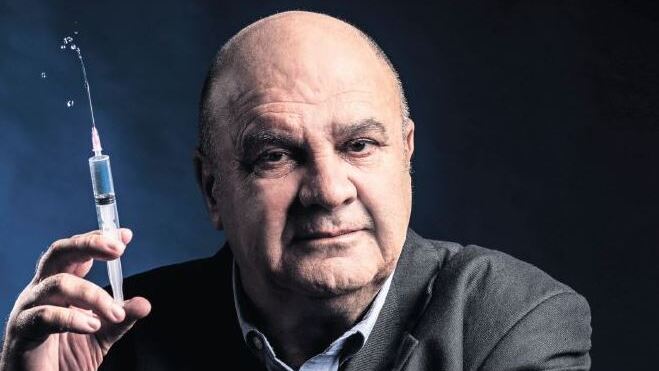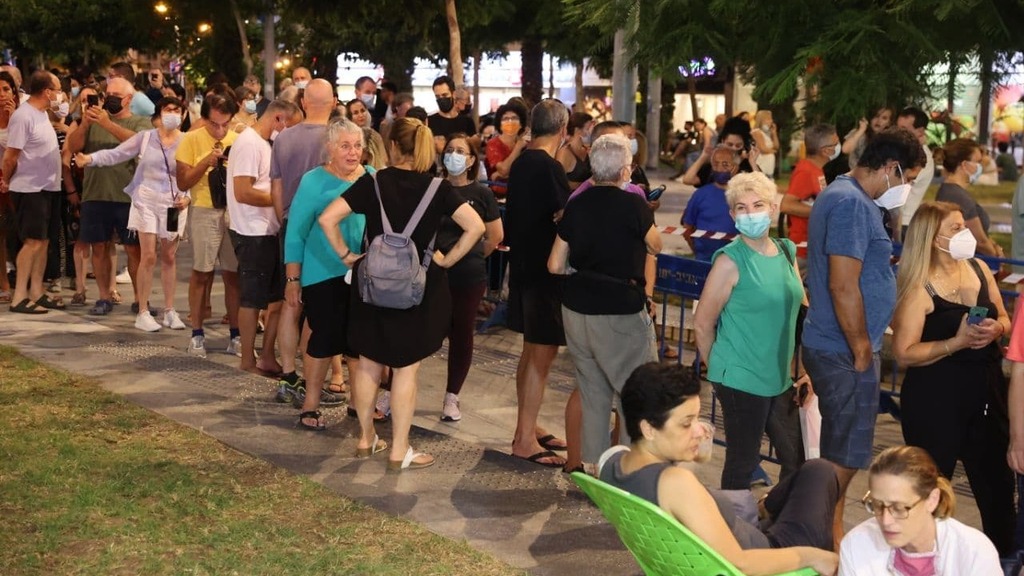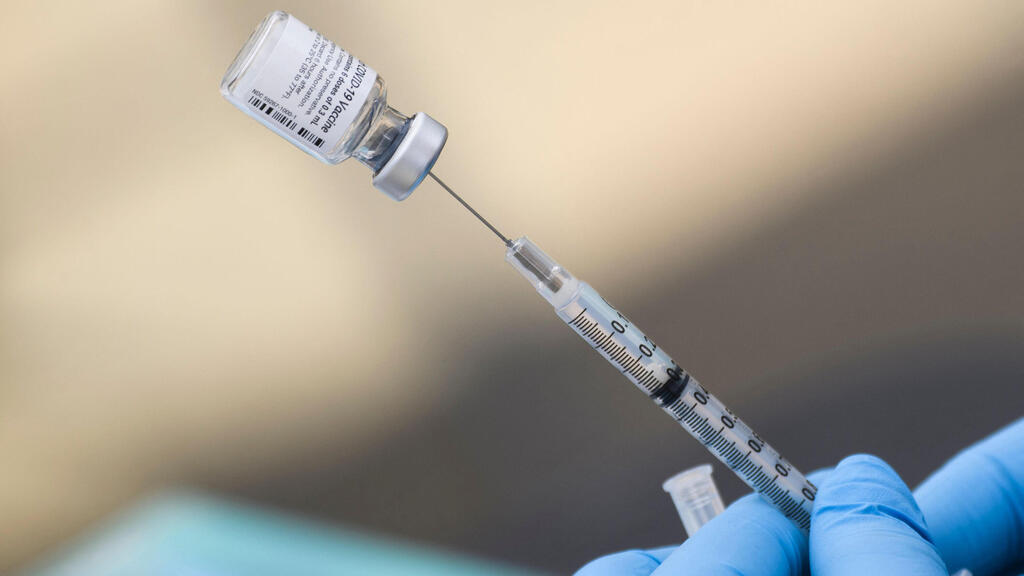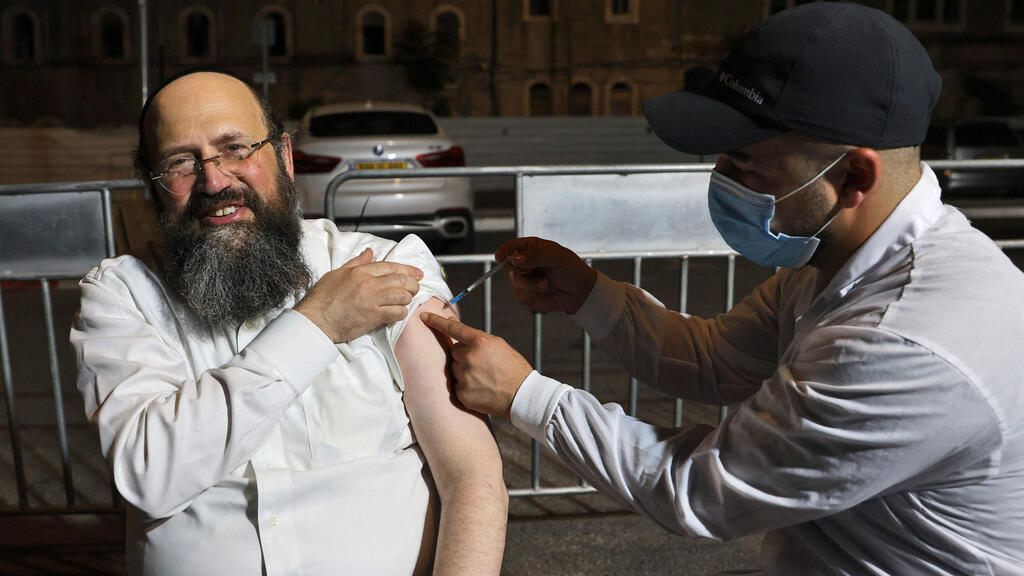Getting your Trinity Audio player ready...
As the chief of Israel's Institute for Biological Research, Prof. Shmuel Shapira has grown accustomed to dealing with the unexpected.
Still, the man who headed one of the country’s most secretive and important institutions for the better part of a decade will never forget the phone call he received on February 1, 2020.
4 View gallery


Former head of Israel's Institute for Biological research, Prof. Shmuel Shapira
(Photo: Ilya Malinkov)
On the other side of the line was the office of then-Prime Minister Benjamin Netanyahu, who summoned Shapira to an urgent meeting on the development of an Israeli made COVID vaccine.
A year and a half after that call, over 5 million Israelis had already received the Pfizer vaccine - which many around the country regard as nothing less than an economy-saving lifeline.
Shapira, though, still believes in his institution’s own vaccine, the development of which, he claims, was suspended for reasons unknown.
"We are a big enough and important enough country to have our own vaccine,” says Shapira.
“Maybe tomorrow we will not have such a good relationship with one country or company and we will not get the vaccines so fast,” he added, referring to the deal Netanyahu made with Pfizer’s CEO, Albert Bourla, who agreed to send Israel tens of millions of doses of their COVID vaccine in exchange for medical data on its effects on Israel’s population.
“Maybe the CEO of the next vaccine developer will decide to conduct its medical experiments on the citizens of Singapore instead. What will we do then?”
According to Shapira, the development of the Israeli vaccine is still ongoing because the pandemic is not over and the Delta variant is spreading rapidly around the country.
"I have documentation that government officials worked to delay us for months on end,” says Shapira.
“When senior officials in the Health Ministry say the Israeli vaccine is unnecessary, it is basically a call to shut down the project. When officials in the Finance Ministry hears this, they tend to think to themselves, ‘wait a minute, maybe this project is a waste of money’. We saw real malice, in some instances,” he said.
Shapira added that in July 2020, his team was on the cusp of a breakthrough, with a real effective vaccine at hand.
“We should have and could have started the regulatory process back then. By my count, four times the Health Ministry rejected our pleas to start the process, for reasons I, and many others, thought were irrelevant."
4 View gallery


People waiting in Tel Aviv's Dizengoff Square to receive the third jab of the COVID vaccine
(Photo: Moti Kimchi)
Shapira is critical of the government's decision to administer a booster shot of the Pfizer vaccine to the over 12 population. "There's a lot of problems with that move. The first two shots hit their mark, sort of. I don't think it was an excellent vaccine. It's was effective for four to five months and failed very quickly when mutations began to appear,” Shapira explains.
“When there is a serious medical problem, you should try to attack the cause from different fronts. Here they chose to attack on the same front, with the same vaccine that is simply not suitable for the current variant.”
One of the issues with the third jab, Shapira says, is that Israel once again, became a medical experimental lab for the world.
“We did the same thing with the first and second doses of the vaccine. Now we’re doing it again with the third jab,” he says, emphasizing that those who received Pfizer’s vaccines, willingly participated in the medical trial of a commercial company.
"I myself am in no hurry to get the booster vaccine,” Shapira says. “I will wait a bit to see what happens. I hope that in the meantime a serious article may be published. Maybe some reputable world authority will express its opinion on the vaccines.”
The full interview will be published on the weekend
First published: 18:55, 08.31.21



